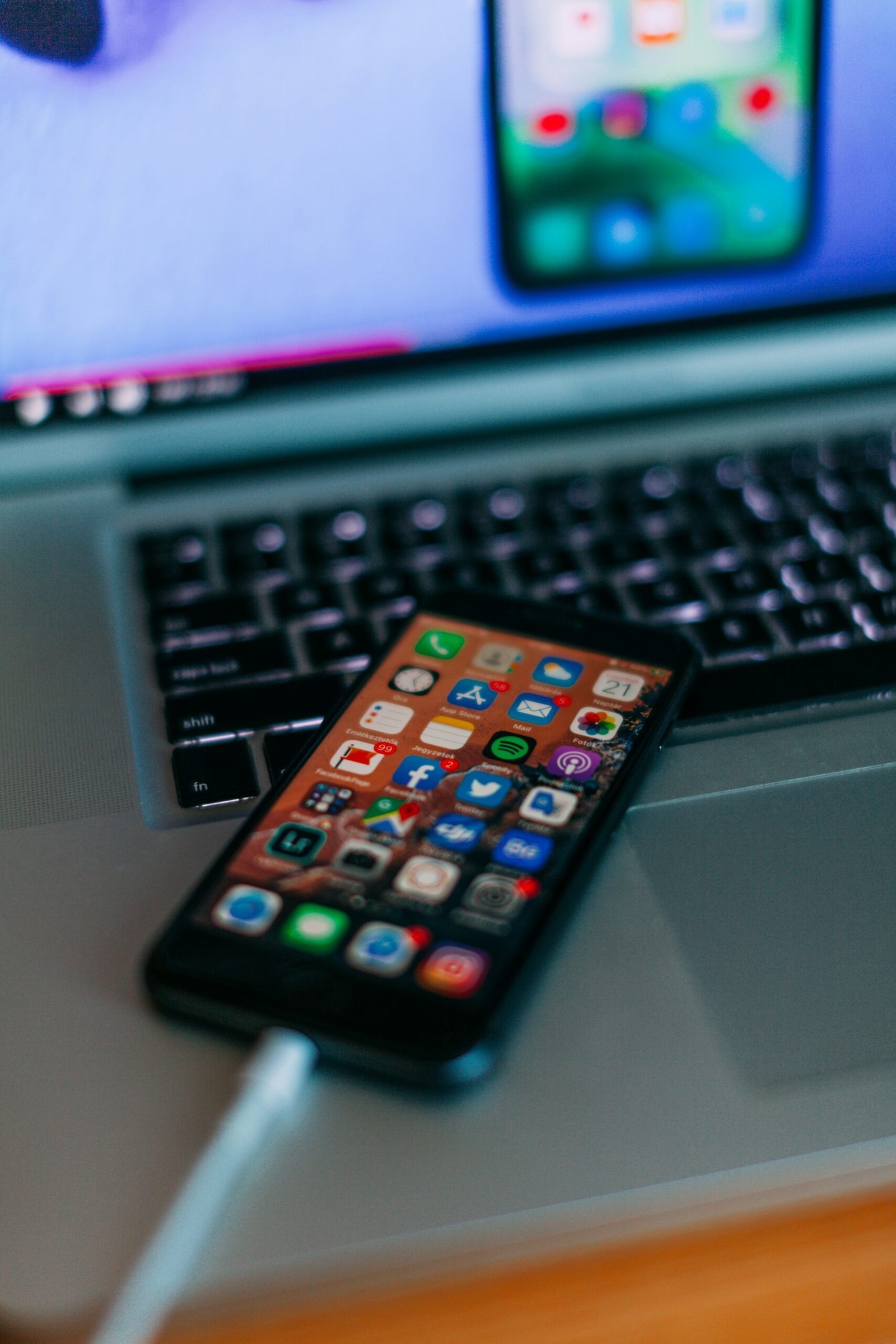Understanding Hard Disk Drives: A Technological Perspective
January 6, 2025
Release Date and Overview of iOS 18.2.1
The official release date of iOS 18.2.1 was set for January 12, 2024, marking a significant moment in the ongoing evolution of Apple’s operating system. This version arrives shortly after the release of iOS 18.2, which introduced a series of enhancements and features aimed at improving user experience. Apple’s commitment to regular updates remains evident, emphasizing the importance of keeping devices running the latest software to ensure optimal performance and security.
The iOS 18.2.1 update primarily focuses on resolving several bugs that surfaced in the preceding version, thereby enhancing the stability of devices operating on this system. Among the updates, users can expect improved performance in various applications, which addresses specific user-reported issues. This type of incremental update not only fixes errors but serves as a building block for future enhancements and innovations that Apple is known for.
In addition to the bug fixes, iOS 18.2.1 lays groundwork for a smoother integration of features introduced in the 18 series. Users can look forward to better compatibility across applications, refined interface designs, and enhancements to core functionalities. By addressing user feedback from earlier versions, Apple demonstrates its dedication to providing a seamless and efficient user experience.
Overall, the release of iOS 18.2.1 strengthens the ecosystem of the broader iOS 18 series while keeping the devices secure and functional. It is crucial for users to install updates regularly, as they often contain essential security patches and performance upgrades that can significantly enhance device usability. Thus, keeping iOS updated is not just a recommendation but a necessity for optimal device performance.
Bug Fixes in iOS 18.2.1
The release of iOS 18.2.1 marks a significant step in Apple’s ongoing effort to enhance the performance and reliability of their devices. This update specifically targets a variety of issues that users experienced in earlier versions, focusing on addressing the mounting concerns surrounding app crashes, performance degradation, and connectivity challenges. Users frequently reported that certain applications would unexpectedly shut down, leading to interruptions in their workflow. The iOS 18.2.1 update aims to rectify these failures by optimizing the underlying code, thereby ensuring smoother operation for both developed and third-party applications.
Moreover, performance-related issues have been a common complaint among iOS users. With the rollout of iOS 18.2.1, Apple has deployed fixes intended to enhance system responsiveness and reduce lag during multitasking. These improvements are particularly crucial for users with older devices that struggle to maintain speed and efficiency. Feedback following the update has indicated that many users are noticing a discernible increase in fluidity when navigating their devices, suggesting that Apple’s optimizations have positively impacted user experience.
Connectivity has also been a prominent area of concern, with users reporting inconsistent Wi-Fi and Bluetooth connections. In response, iOS 18.2.1 includes adjustments aimed at stabilizing these connections, allowing for more reliable communication with accessories and network services. User testimonials on forums and support communities reflect a mix of relief and satisfaction, as many acknowledge that their connectivity issues have improved significantly post-update, reinforcing the stability of their device’s connectivity capabilities.
In light of the range of bugs addressed, iOS 18.2.1 serves as a crucial update for maintaining device performance, ensuring that users can carry out their daily activities without the hindrance of previous system issues. As Apple continues to refine its software, it remains evident that user feedback plays a critical role in shaping future updates.
User Issues Faced After Updating to iOS 18.2.1
The release of iOS 18.2.1 has introduced several user complaints, making it a focal point of discussion among the Apple community. Many users have reported compatibility issues with particular applications that have either failed to launch or exhibit erratic behavior post-update. Notably, popular apps including messaging and productivity tools are among the most frequently mentioned as facing difficulties after the upgrade. This incompatibility has caused frustration among users relying on these applications for daily tasks and communication.
Furthermore, persistent bugs that were not addressed in this latest version have raised concerns. Users have taken to various online forums to share their experiences, highlighting glitches such as unexpected app crashes, freezing screens, and problems with Bluetooth connectivity. These issues detract from the user experience, prompting many to question the effectiveness of the recent updates in resolving previous concerns rather than perpetuating new ones.
In addition to software compatibility and persistent bugs, users have reported a significant drop in device performance following the iOS 18.2.1 upgrade. This decline includes slower processing speeds, increased lag when switching between applications, and rapid battery drainage. Many users have expressed their disappointment, particularly since they anticipated improvements in performance and stability from the new update.
Online discussions have illustrated an array of opinions surrounding these user issues. While some have found workarounds for their problems, a considerable portion of the community has voiced their dissatisfaction, urging Apple to address these concerns promptly. As the conversation unfolds, it remains clear that while iOS 18.2.1 aims to enhance user experience, its aftermath has resulted in considerable challenges for many users. The resolution to these issues will be keenly observed by both users and developers alike.
How to Troubleshoot Common Problems in iOS 18.2.1
After updating to iOS 18.2.1, users may encounter various issues ranging from app malfunctions to connectivity problems. To effectively troubleshoot these common problems, there are several steps that can be taken to restore device functionality.
First, consider resetting the settings on your device. This option can resolve many issues without erasing personal data. To reset settings, navigate to Settings > General > Transfer or Reset iPhone > Reset. From here, choose Reset All Settings. Note that this will revert system settings to defaults but will keep your apps and data intact.
In some cases, applications may not behave as expected after the update. If an app is causing issues, it may help to uninstall and reinstall it. To do so, tap and hold the app icon until it jiggles, then select the x to remove it. After uninstalling, visit the App Store to reinstall. This often resolves compatibility issues with the latest iOS version.
Backing up and restoring your device can also be an effective method for fixing persistent issues. It is advisable to create a backup using iCloud or a computer. Once the backup is secured, you can restore your device by going to Settings > General > Transfer or Reset iPhone, and selecting Erase All Content and Settings. After erasing, the device can be set up as new or restored from the backup.
For users who continue to experience difficulties despite these troubleshooting steps, consulting Apple Support or visiting an authorized service provider can be beneficial. Online forums and community boards often share user experiences that may shed light on specific issues related to iOS 18.2.1, providing valuable insights and solutions.


